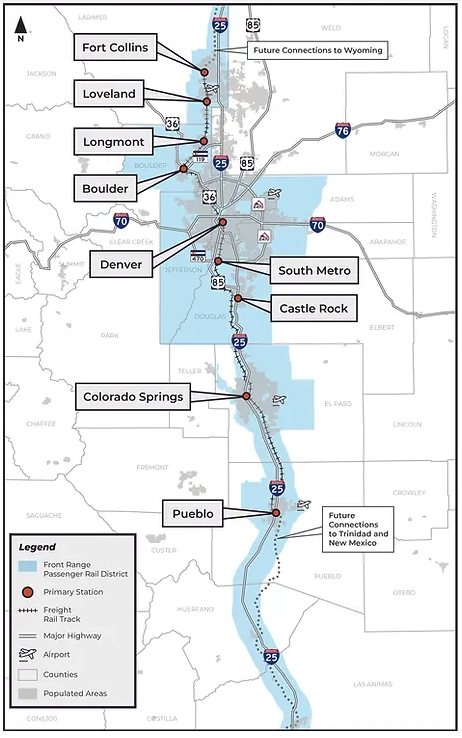
DES MOINES, Iowa — Iowa legislators are considering a bill requiring defect detectors on the state’s branch line, the latest example of state actions to regulate railroads in the wake of last year’s derailment and toxic-chemical release in East Palestine, Ohio.
Senate File 512, introduced by state Sen. Tom Shipley (R-Corning, Iowa) requires defect detectors on every branch line at least 15 miles in length, and one every 15 miles on longer lines. It includes penalties of $500 to $5,000 for each time a train passes a detector and is not notified of a defect, with subsequent penalties of up to $10,000.
A subcommittee of the Senate Transportation Committee headed by Shipley recommended the bill for passage at a Thursday meeting, advancing it to the full Transportation Committee for consideration.
The Quad Cities Times reports legislators advanced the bill despite concerns that it does not apply to main lines, as well as reservations whether it really addresses underlying safety issues. Railroad representatives oppose the bill, citing their company’s voluntary work in deploying detectors and improving derailment rates, while union representatives argue oversight is needed. Not addressed was whether such a bill would withstand scrutiny because of the federal role in regulating interstate commerce.
This legislation comes after a bill to limit train lengths to 8,500 feet was introduced in the Iowa House last year [see “Iowa legislation to limit train length …,” Trains News Wire, Jan. 27, 2023]. That bill also was recommended by a subcommittee but failed to advance further.













It includes penalties of $500 to $5,000 for each time a train passes a detector and is not notified of a defect, with subsequent penalties of up to $10,000. So according to the state of Iowa all detectors are required to find a defect?
I don’t see where it includes any money for the shortlines and regional railroads in the state of Iowa, since the cost of putting those defect detectors would be prohibitive for those carriers.
What’s needed is a penalty mechanism for such behavior. How about letting the court which rejects such a bill that clearly oversteps state powers (per many previous court cases) have the power to fine ($5,000?) each legislator that voted for the bill, and double for the Governor who signed it Retired legislators would also pay.
Another politician who wants to be seen as “doing something”. He has no idea what, but hew is doing it.
Agreed. Those defect detectors need to be installed in various congresses.
I am not sure the speeds on branch lines would require this or help prevent an issue.The Feds must have regulations in place for branch lines already. IF they do all the states are just wasting taxpayer money on something they can not change.
Branch lines are usually low speed and low volume.
Wasting taxpayer money is what government does best.
@ Robert McGuire Amen.
@David Everitt Agreed, but the whole thing is a moot point since states don’t have the authority to regulate interstate commerce.
Not blaming NS directly. This is result of all RR companies to ignore various concerns. It is all about PSR causing RRs to squeeze out every OR decimal. Now it is going to cost all the RRs many billions to do safety upgrades that they might not have had to do. Save a penny spend a dollar later.
I think that the Ohio derailment, as well as the ongoing disaster of PSR, shows us that “village idiots” exist within businesses as well. Assuming that everyone working in a business, successful or otherwise, is intelligent and knowledgeable is a serious error.
This is what happens when the village idiot gets elected. Village idiot maybe too harsh but I know of NO politician that walked away from a successful business to go into politics. They think they are intelligent individuals and refuse to listen to the experts. A “little” knowledge is a dangerous thing.
Career politicians. Term limits might help.